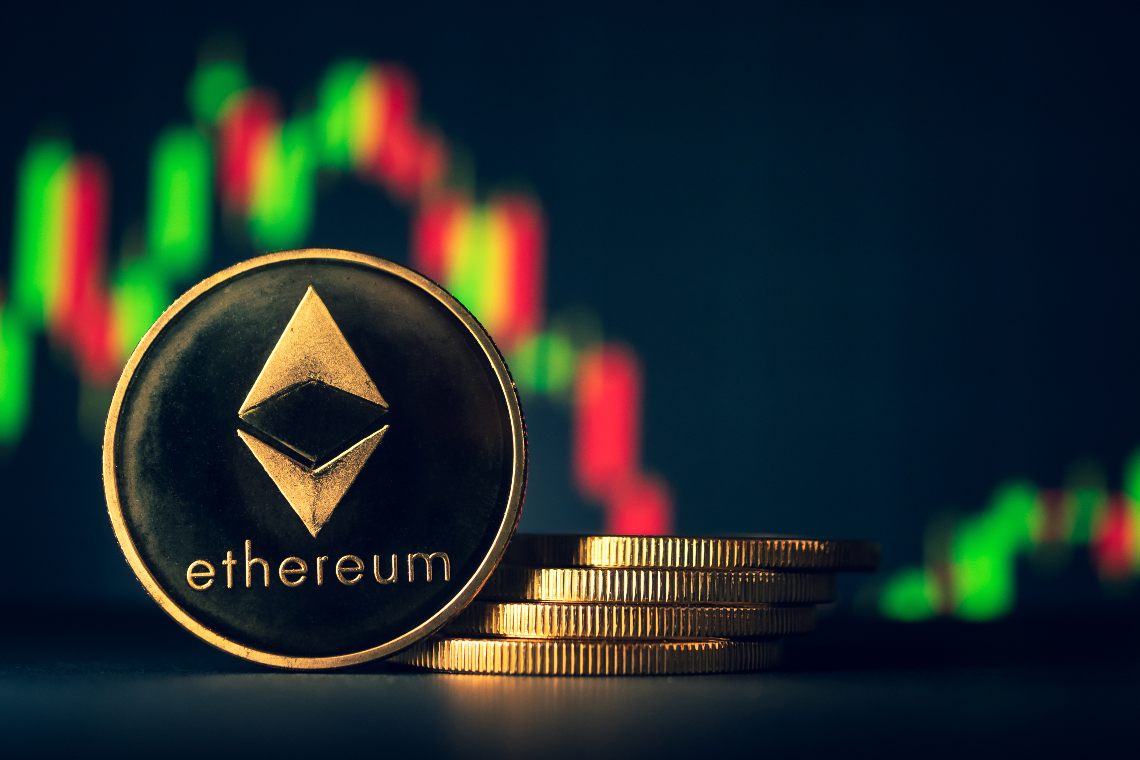Table of Contents
The United States Treasury Secretary, Scott Bessent, has officially confirmed that the U.S. is determined to lower interest rates. In an interview with Fox News, Bessent emphasized that this policy decision is crucial for the country’s economic stability. At the same time, he criticized China’s trade strategy, which had an immediate impact on financial markets. This announcement has sparked reactions across various economic sectors, from traditional finance to cryptocurrency markets, raising questions about the long-term implications.
The Focus on Lower Interest Rates
According to Scott Bessent, cutting interest rates in the U.S. is an essential move to stimulate the economy and provide both businesses and consumers with financial breathing room. Although the Federal Reserve (Fed) is ultimately responsible for setting monetary policy, Bessent’s comments suggest that the U.S. government is advocating for a more accommodative stance on interest rates.
Lower interest rates typically encourage borrowing and investment, as businesses find it cheaper to take loans for expansion and development. Consumers also benefit from lower mortgage rates, credit card rates, and personal loan rates, boosting overall economic activity. This aligns with the Biden administration’s efforts to maintain economic stability amid global uncertainty.
One key area anticipating this policy shift is the cryptocurrency market. Historically, lower interest rates tend to fuel investment in high-risk assets like crypto, as investors search for higher returns. If the Fed indeed lowers rates, this could trigger a wave of optimism and capital inflows into Bitcoin, Ethereum, and other digital assets.
How Interest Rate Cuts Impact the Economy
A reduction in interest rates has wide-ranging effects on the economy, affecting sectors like housing, banking, stocks, and global trade. Below are the primary impacts:
1. Stimulating Business Growth
- Lower borrowing costs encourage businesses to expand operations, invest in new technologies, and hire more employees.
- Small and medium-sized enterprises (SMEs), which often struggle with high loan rates, would benefit the most from cheaper financing options.
2. Boosting Consumer Spending
- Reduced interest rates lower the cost of loans and credit, allowing consumers to spend more on goods and services.
- The housing market is particularly sensitive to interest rate changes, as lower mortgage rates encourage home buying and refinancing.
3. Strengthening Stock and Crypto Markets
- Historically, stock markets respond positively to interest rate cuts, as companies benefit from cheaper capital.
- The crypto market, which often thrives when traditional investments offer lower yields, could see significant growth as investors look for alternative assets.
4. Inflation Risks and Economic Challenges
- While lowering interest rates boosts economic activity, it can also increase inflation if demand outpaces supply.
- The Federal Reserve must balance economic growth with price stability, ensuring that inflation does not rise too quickly.
Bessent’s Sharp Criticism of China’s Export Model
Alongside his advocacy for lower interest rates, Scott Bessent took aim at China’s trade policies. According to Bessent, China relies excessively on exports, calling this strategy “unacceptable”. He argued that the Chinese government has structured its economic model around cheap exports, which unfairly disadvantages other economies, particularly the U.S.
Bessent suggested that U.S. import tariffs on Chinese goods would ultimately be paid by Chinese manufacturers, rather than by American consumers. His remarks align with the ongoing U.S.-China trade war, where tariffs and global economic power dynamics have become an increasing point of contention.
This trade dispute has already disrupted global supply chains, leading to increased prices on key commodities and consumer goods. If the U.S. continues imposing tariffs while also cutting interest rates, it could accelerate economic shifts in global markets.
Financial Market Reactions to Bessent’s Statements
The financial markets reacted swiftly to Bessent’s comments:
- Stock markets saw an initial rally, fueled by expectations of lower interest rates and increased liquidity.
- The cryptocurrency sector responded positively, with Bitcoin and Ethereum experiencing short-term gains following the announcement.
- Bond yields declined, as investors anticipated a dovish shift in U.S. monetary policy.
- Commodities, including gold, surged, as lower interest rates often increase demand for safe-haven assets.
Despite this initial optimism, analysts warn that markets are still vulnerable to external shocks, particularly rising geopolitical tensions and global economic instability.
What This Means for Investors
For investors, Bessent’s remarks signal a shift in the U.S. government’s economic strategy. Here’s what to watch for:
📌 Stock Market Opportunities: Growth stocks, particularly tech companies, tend to perform well in low-interest-rate environments. Investors should consider diversifying into technology and innovation-driven sectors.
📌 Crypto Investments: With lower interest rates, riskier assets like Bitcoin and altcoins could see higher inflows from institutional and retail investors.
📌 Geopolitical Risks: While lower interest rates can boost markets, the ongoing U.S.-China trade conflict remains a wildcard. Investors should stay informed about potential trade policy changes.
Conclusion: A Pivotal Moment for the U.S. Economy
Scott Bessent’s confirmation that the U.S. aims to cut interest rates marks a significant turning point in economic policy. By advocating for cheaper borrowing and increased market liquidity, the U.S. is setting the stage for potential economic expansion. However, challenges remain, including inflation risks and ongoing trade tensions with China.
For investors, this shift presents both opportunities and risks. Whether in stocks, real estate, or cryptocurrencies, understanding the long-term implications of lower interest rates will be crucial for navigating the changing economic landscape.
As the Federal Reserve deliberates its next steps, market participants will be closely watching policy signals to determine how best to position their portfolios. One thing is clear: economic policy decisions in 2025 will have far-reaching effects on global markets.
























